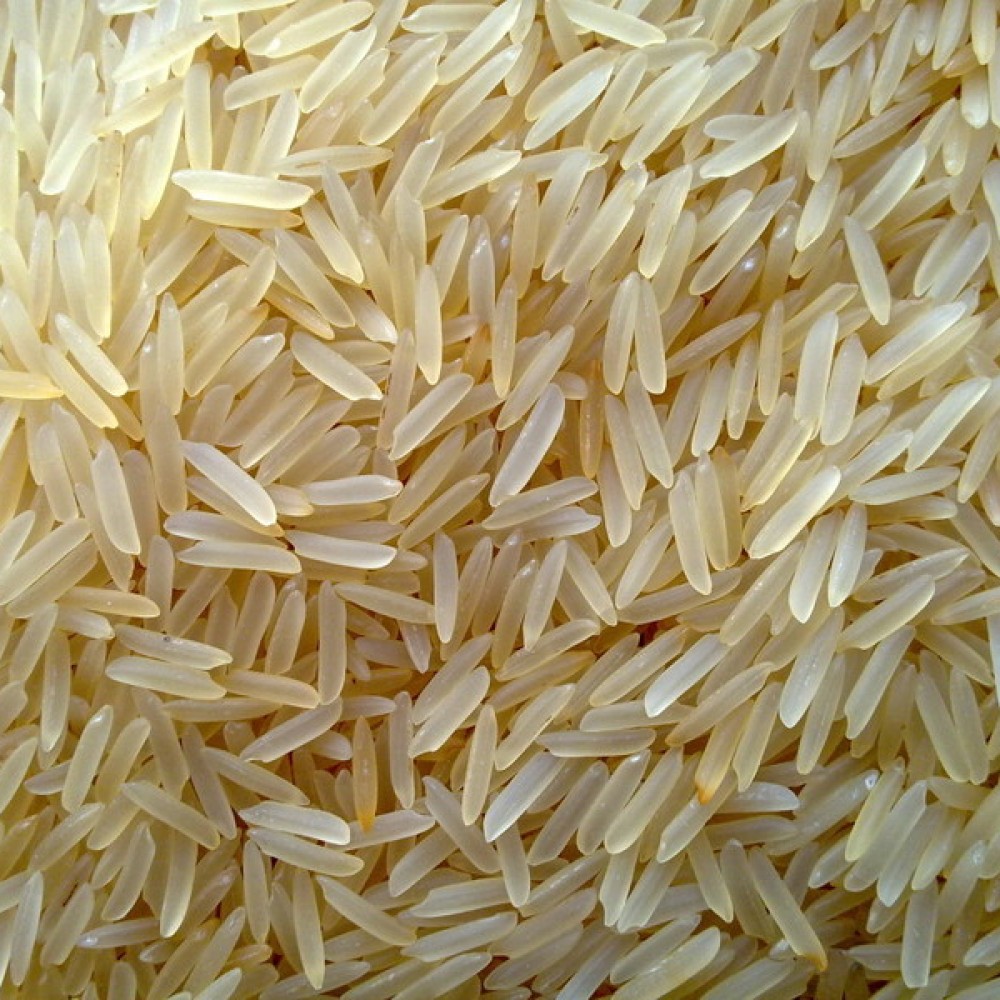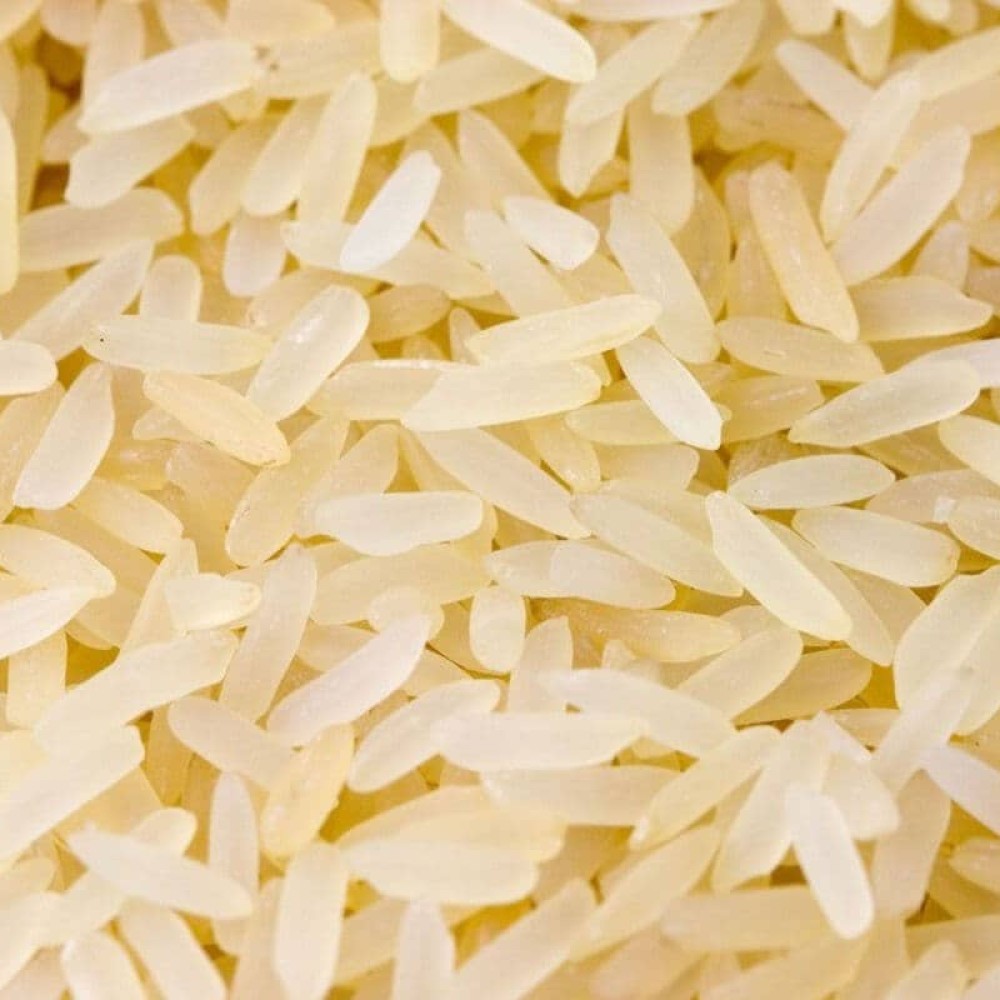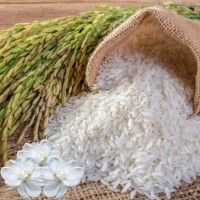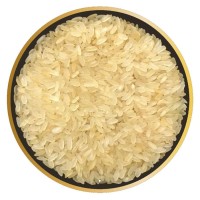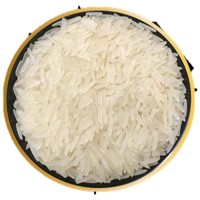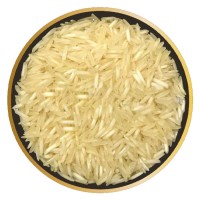PARBOILED RICE
Description
Parboiled rice means that rice will be partially boiled in the husk so that it won’t lose its natural minerals and vitamins. The three basic steps of parboiling are soaking, steaming and drying. Brazil is one of the largest producers and consumers of rice in the world, producing an average of 15 million tons of unmilled rice per year to meet the consumption needs of 12.14 million tons. In 2015, it was estimated that 25% of the global rice production was parboiled. Parboiled rice has between two and three times the economic value of white rice, making its production of great importance for rice industries. Brazil has a highly qualified and innovative rice industry that boasts a high technological standard. Domestic companies offer expressive flexibility in meeting specific needs sought by consumers from different countries. Farmers and industry rely on the technical support of IRGA (Rio Grande do Sul Rice Institute) and Embrapa (Brazilian Agriculture Research Corporation), public institutions recognized globally as important research and rural extension entities in the area of rice.


 English
English
 Portugues
Portugues
 Arabic
Arabic

